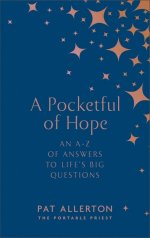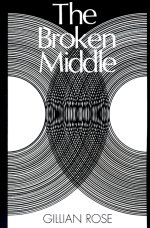The is interested in the relationship between Milton's Christian faith and the physical and
spiritual modalities of his poetry, and how his faith-act corrupts and purifies these
entanglements. In chapter 1, I define key concepts such as faith-act and poetics of knowing and
designate their purchase in the arc of my thesis, and then I frame my reading of Milton's later
poems. In chapter 2, I explore how the end of Milton's poetic career shows Milton's faith-act
provocatively saying that poetry can get him neither his wants, nor his needs, but testifies that he
wants and needs. In that vein, Paradise Regained becomes a poem in doubt of Christian poetic
idiom. Dismantling poetic form, Paradise Regained highlights Milton's turn away from the
office of poet and towards the office of priest. In seeking a new poetics to express Christian
liturgy and sacrament, Paradise Regained does not undermine the material sacraments, but
underscores them. Praxis and poetics are not Milton's sacraments for God, but Milton's
sacrifices to him. In chapter 3, I inquire into the consequences of Milton's faith-act. The conflict
Milton faces at the outset of Paradise Lost is neither "man's first disobedience," nor his
"justify[ing] the ways of God to men," but is the contradiction in terms, as he perceives it, of
reconciliation and poetics. On the one hand, poetry, as Paradise Lost shows, might bear the
paradox of the Fall's burden, and humanity's uninhibited joy. On the other hand, through its
poetics, Paradise Lost exposes its limitations to render God's salvific presence in the world. Of
his later poems, Paradise Lost is the first shadow of Milton's doubt to descend on the practice of
reconciliatory poetics. In chapter 4, I demonstrate Milton's skepticism of systematic theology's
ability to reveal the God-head, and suggest that Paradise Lost might be a more illuminating form
to understanding God's nature. While a current in Paradise Lost focuses on Christian worship
through Adam's and Eve's sacramental relationship with each other, heaven's creatures, and the
earth, the current also has an undertow. Abdiel as the theologically gray angel is Milton's
exegetical and eisegetical character employed inside of Paradise Lost so that Milton can perform
his faith-act and discover the reconciliatory limitation of form. Milton senses that his
poetry/poetics is not enough to save, and that his later poetry, in fact, transgresses God's will.
However, he paradoxically knows that for him to write poetry is God's will. In the same
way.
Trustpilot








